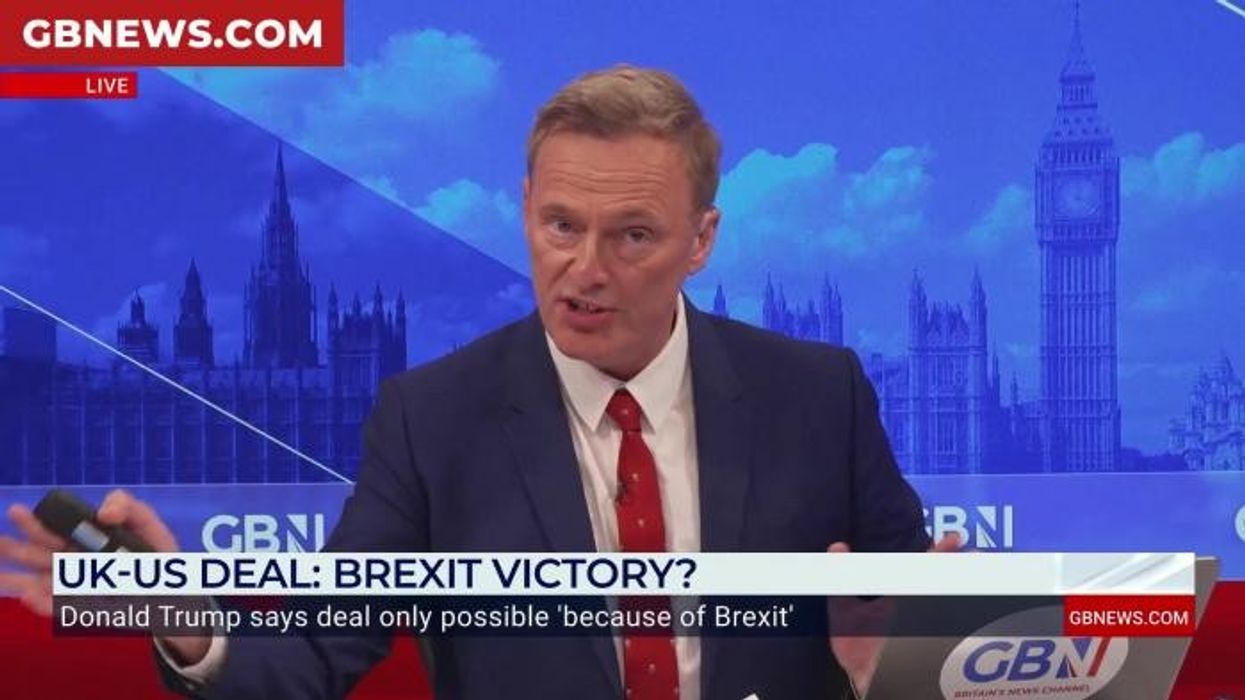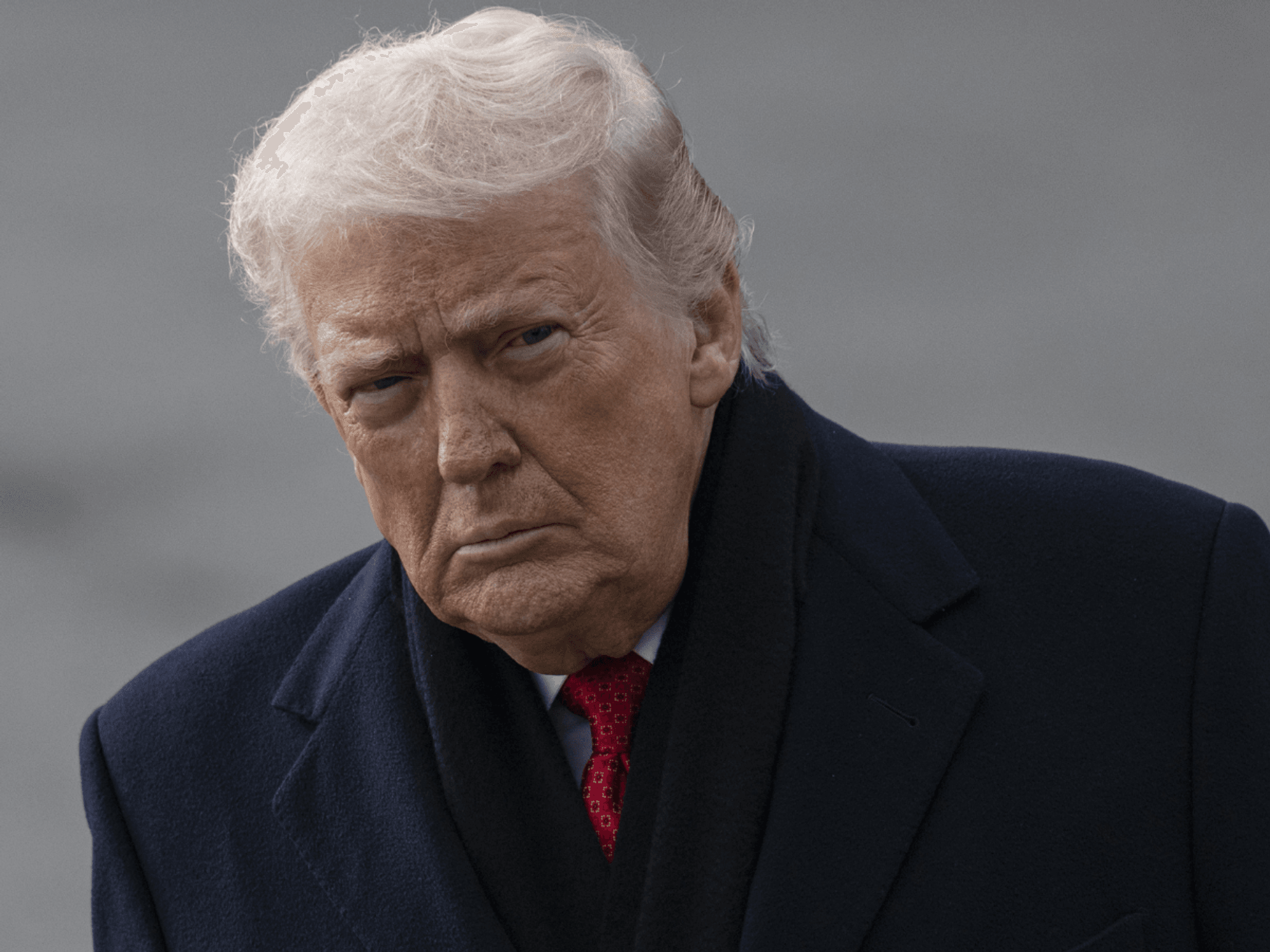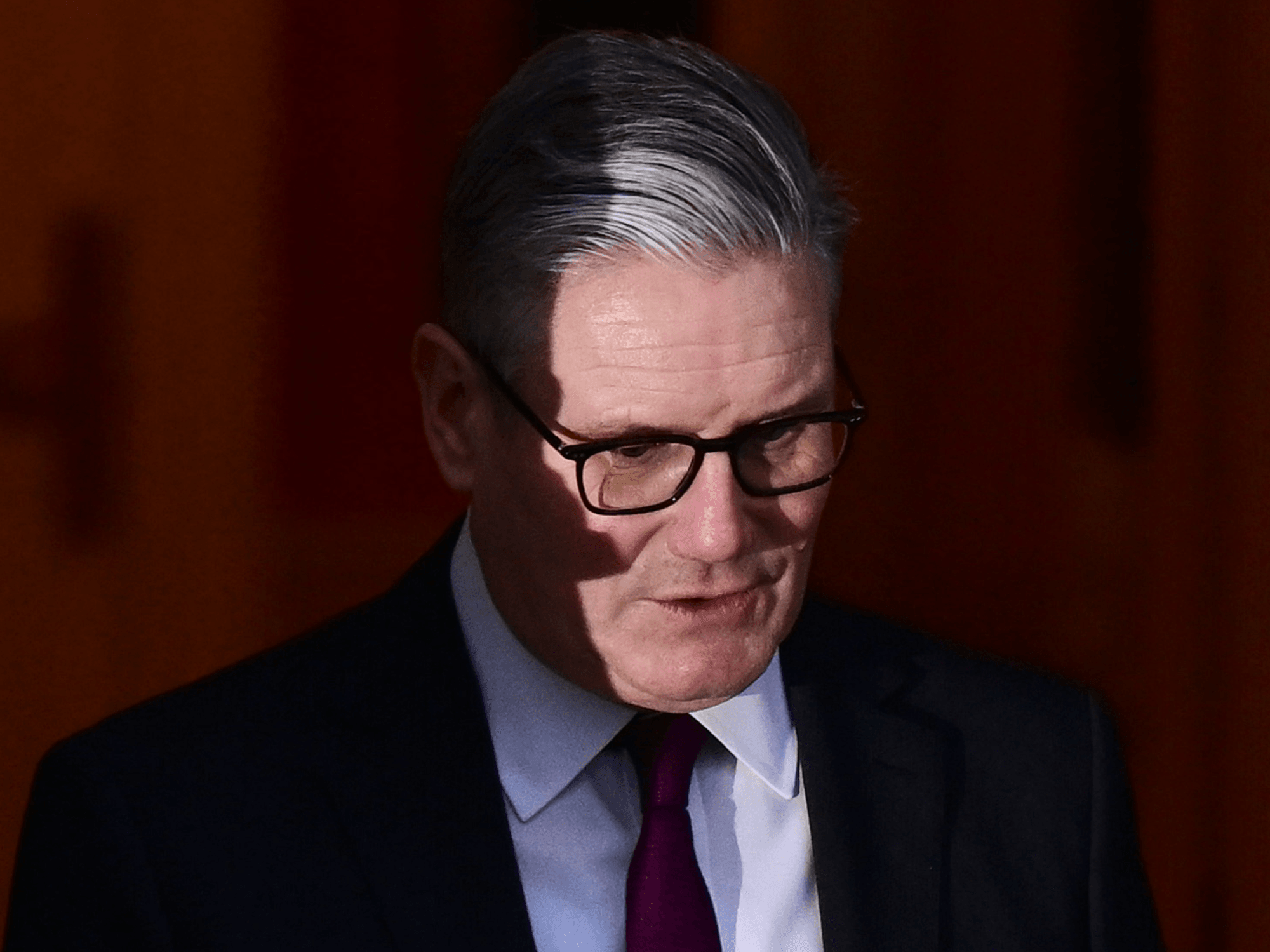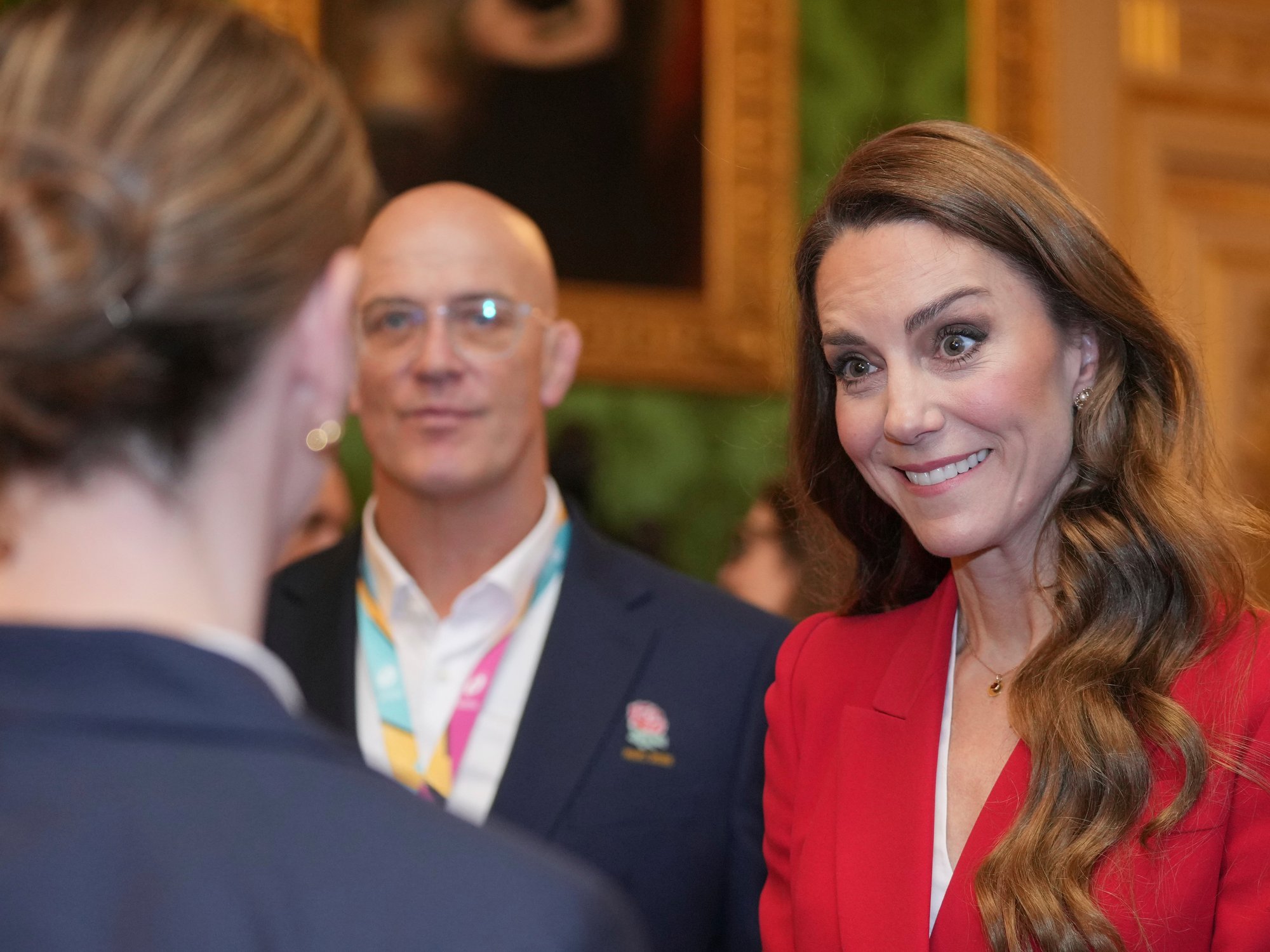Donald Trump could green light new automotive tariffs on UK car brands this week in fresh update

Discussions could also include clarification of details around steel tariffs
Don't Miss
Most Read
The UK's trade deal with the United States on the future of automotive import tariffs could be confirmed as soon as this week, according to reports.
Britain's Trade Secretary Jonathan Reynolds is set to meet his American counterpart, Howard Lutnick, in London this week to advance the implementation of the landmark UK-US trade agreement.
Government sources indicate optimism that President Trump will issue a proclamation this week to begin the promised tariff reductions, according to the Guardian.
The meeting comes as Downing Street pushes for swift action on the deal announced last month to protect Britain's car production sector.
Do you have a story you'd like to share? Get in touch by emailing motoring@gbnews.uk
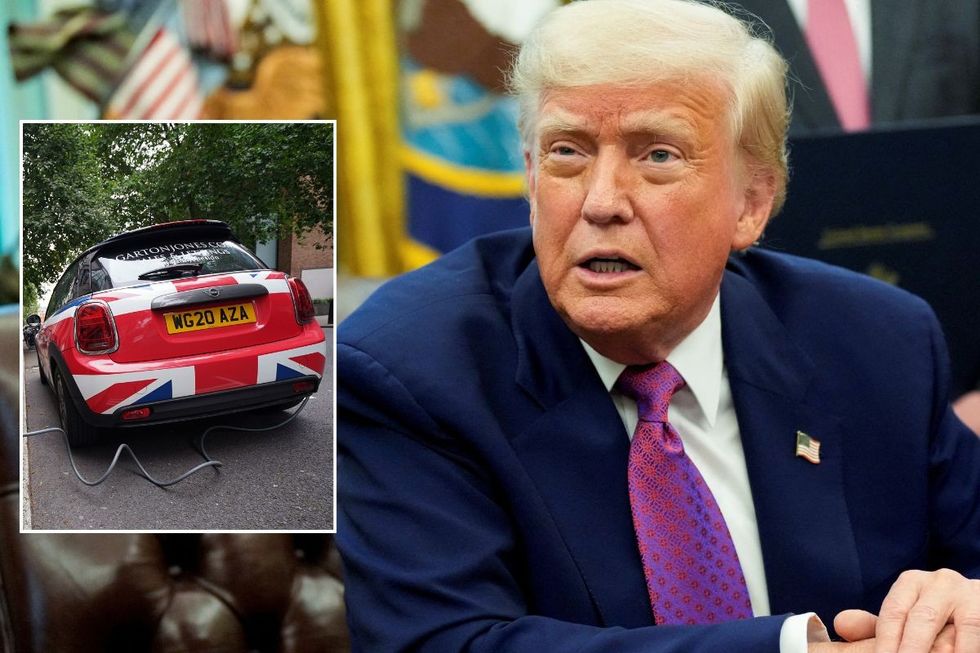
Experts are optimistic that the UK-US trade deal on car tariffs could be formalised this week
|GETTY/REUTERS
Officials are working towards securing the presidential proclamation that would task the US Commerce Department with enforcing the agreed tariff cuts on British goods.
The urgency reflects the approaching July 9 deadline, when current arrangements expire, potentially causing havoc for businesses.
The centrepiece of the agreement involves reducing American tariffs on British cars from an effective rate of 27.5 per cent to just 10 per cent for up to 100,000 vehicles annually.
Officials expect automotive tariffs to be addressed first, as the process is less complex than adjustments for aluminium and steel.
READ MORE: Donald Trump slashes auto tariffs to 10% for UK in major victory for car manufacturers
Prime Minister Starmer told MPs last Wednesday that he hoped the agreement could take effect "in just a couple of weeks".
The agreement holds particular significance for Britain's automotive sector, which exported approximately £9billion worth of vehicles to America last year.
Steel and aluminium exports, whilst smaller at roughly £700million annually, also represent an important market for British manufacturers.
The deal also promises to eliminate the 25 per cent tariffs on British steel and aluminium entirely.
LATEST DEVELOPMENTS:
- British car production 'to lead the world in the years to come' as Rachel Reeves announces major investment
- Electric car battery industry to create 300,000 jobs and help drivers ditch 'dirty and polluting fuel'
- New driving licence rules launch as 'quiet policy changes' could have 'big impact' for millions of Britons
President Trump recently doubled these tariffs to 50 per cent for other nations, but maintained Britain's rate at 25 per cent until the July deadline, contingent on the UK Government complying "with relevant aspects" of the agreement.
However, ministers face decisions about allocating the 100,000-car quota, which is less than the number of cars exported to the US in 2024.
Options under consideration include a first-come-first-served system, quarterly divisions of 25,000 vehicles, or reserving portions for small and medium-sized manufacturers.
A Department for Trade source stressed that predicting the US administration's actions remains challenging.
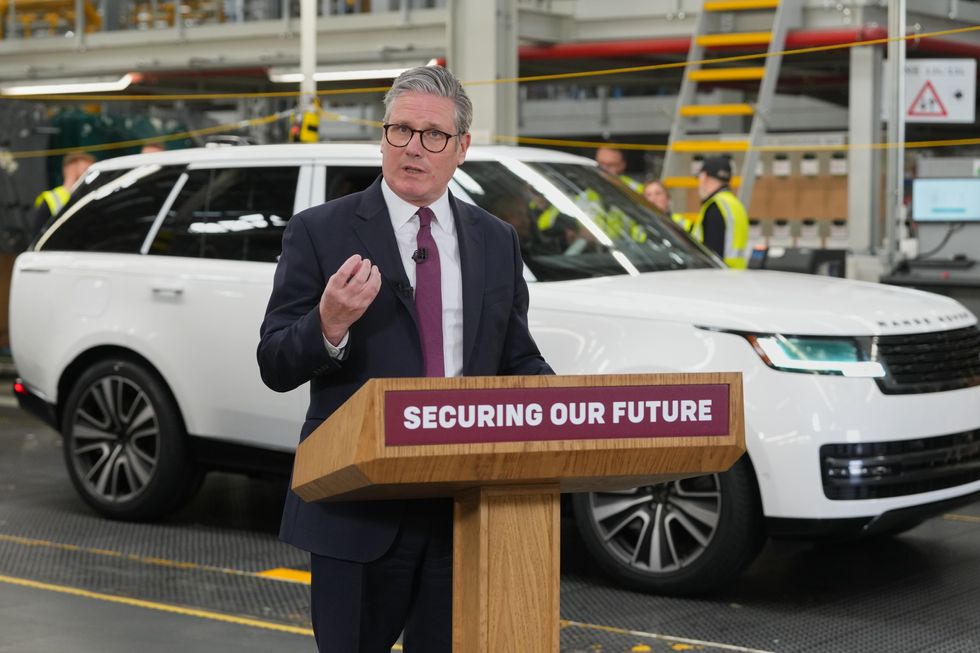 Sir Keir Starmer praised the UK-US deal at the JLR factory last month | PA
Sir Keir Starmer praised the UK-US deal at the JLR factory last month | PANevertheless, Britain stands alone as the only nation to have secured such an agreement with Washington, though businesses await tangible benefits.
The landmark trade deal was welcomed by Prime Minister Keir Starmer and President Donald Trump during a highly publicised phone call last month.
Speaking from the Jaguar Land Rover factory in the West Midlands, Starmer said the trade agreement was a victory for British manufacturers and would provide certainty to legacy manufacturers.
Regarding the 100,000 vehicle quota, Starmer hinted that further negotiations and discussions could take place so production is not impacted.


